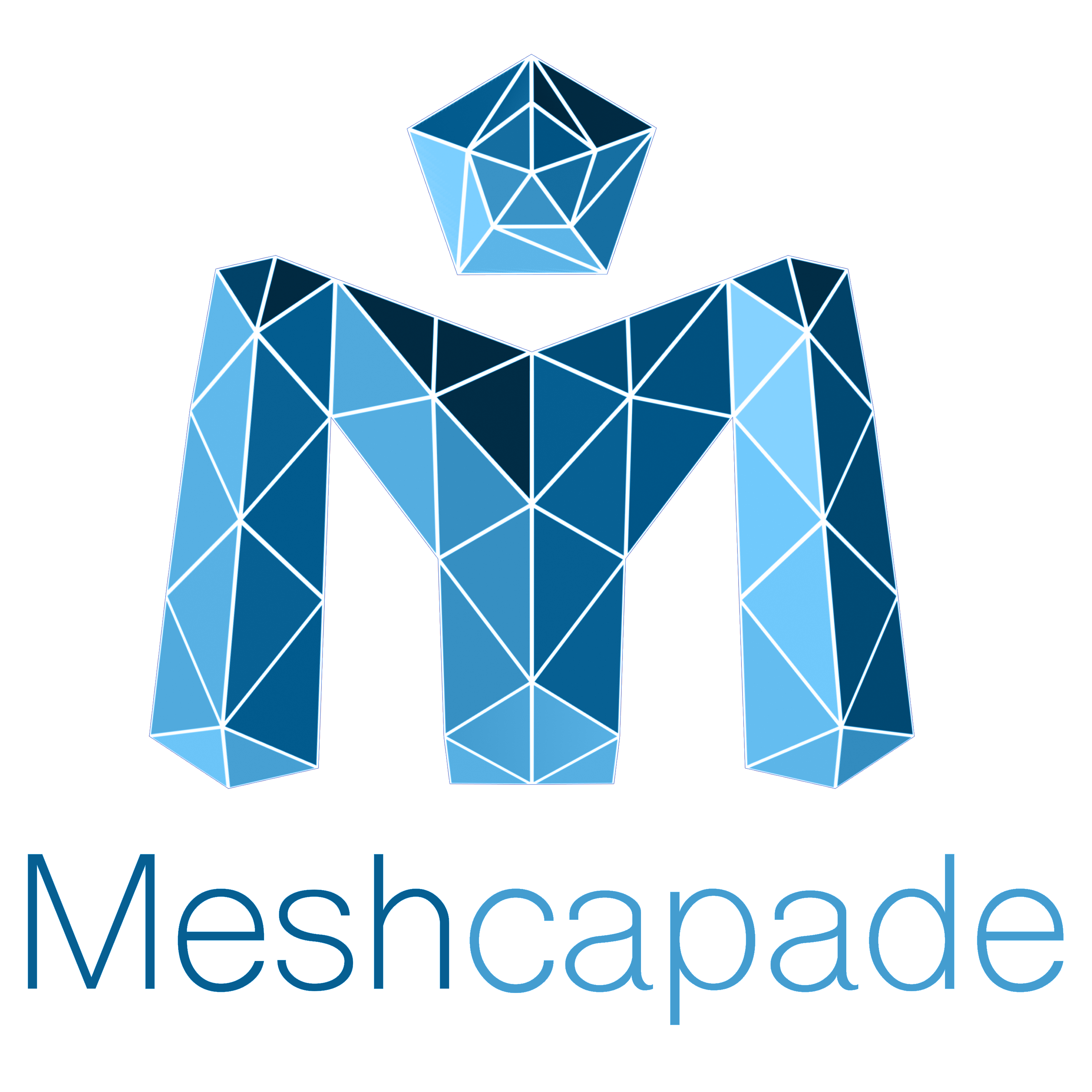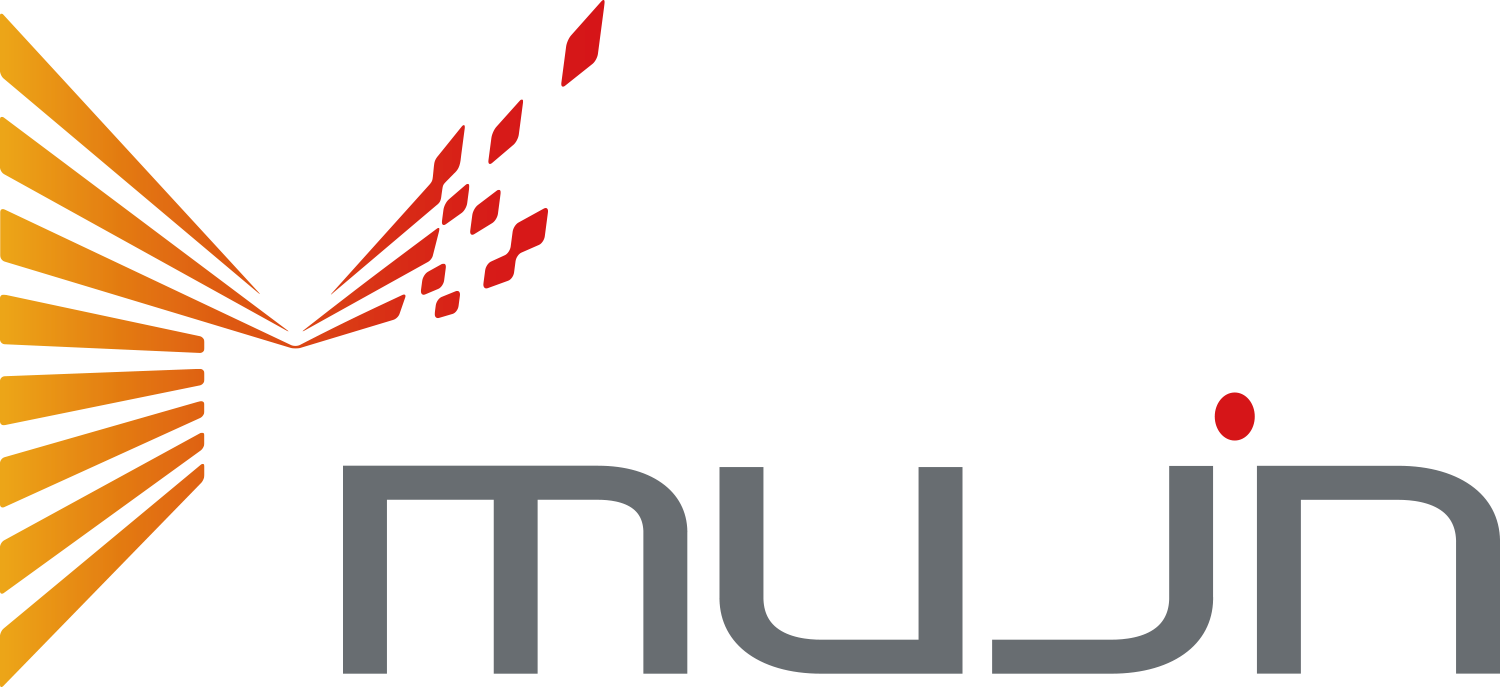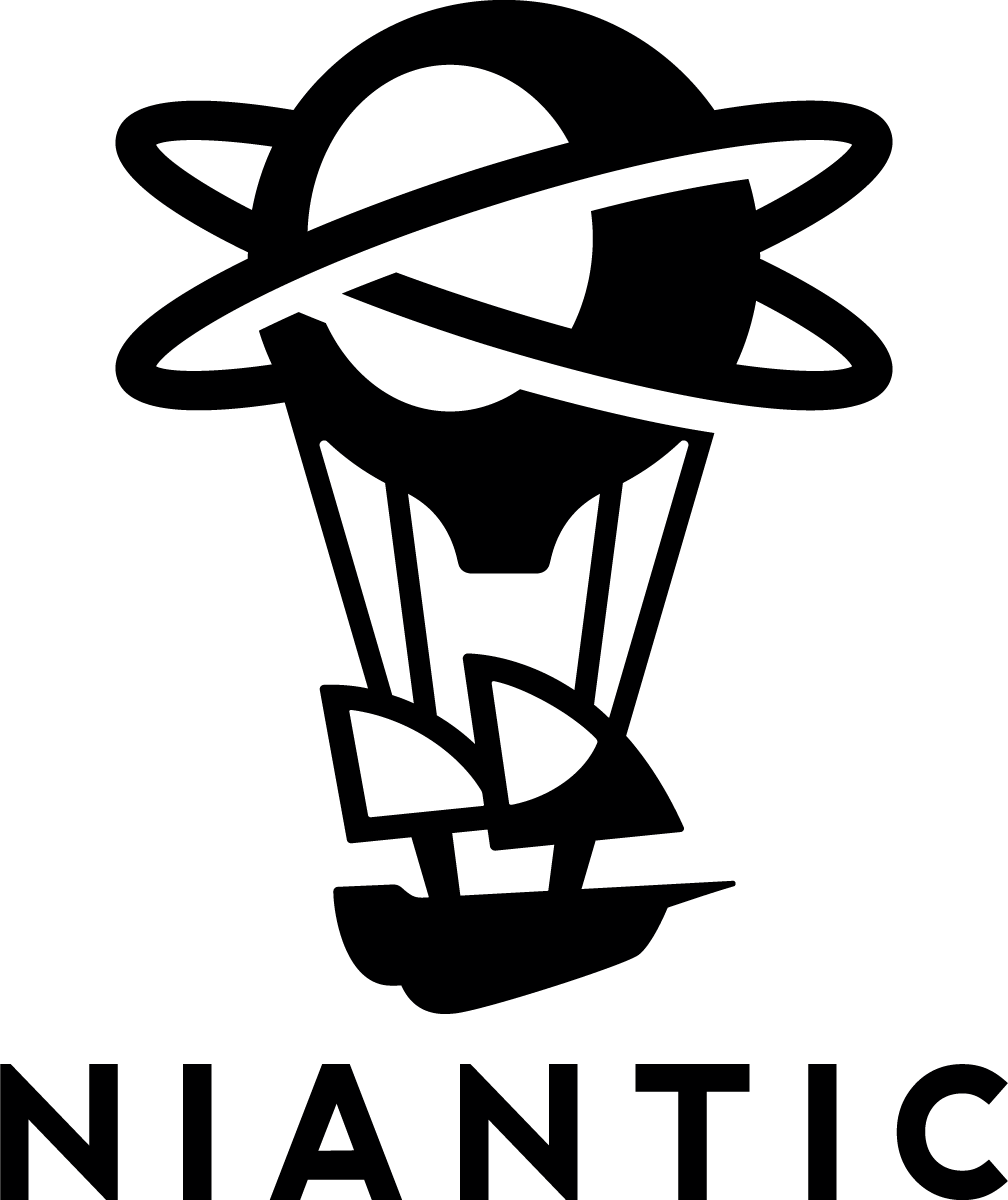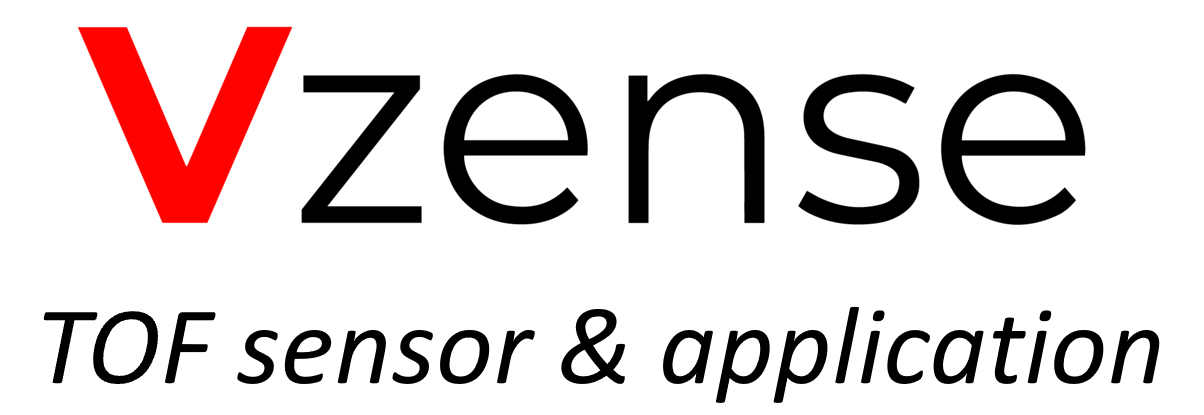Learning Local Recurrent Models for Human Mesh Recovery |
|---|
| Authors: Runze Li, Srikrishna Karanam, Ren Li, Terrence Chen, Bir Bhanu and Ziyan Wu |
| Abstract: We consider the problem of estimating frame-level full human body meshes given a video of a person with natural motion dynamics. While much progress in this field has been in single image-based mesh estimation, there has been a recent uptick in efforts to infer mesh dynamics from video given its role in alleviating issues such as depth ambiguity and occlusions. However, a key limitation of existing work is the assumption that all the observed motion dynamics can be modeled using one dynamical/recurrent model. While this may work well in cases with relatively simplistic dynamics, inference with in-the-wild videos presents many challenges. In particular, it is typically the case that different body parts of a person undergo different dynamics in the video, e.g., legs may move in a way that may be dynamically different from hands (e.g., a person dancing). To address these issues, we present a new method for video mesh recovery that divides the human mesh into several local parts following the standard skeletal model. We then model the dynamics of each local part with separate recurrent models, with each model conditioned appropriately based on the known kinematic structure of the human body. This results in a structure-informed local recurrent learning architecture that can be trained in an end-to-end fashion with available annotations. We conduct a variety of experiments on standard video mesh recovery benchmark datasets such as Human3.6M, MPI-INF-3DHP, and 3DPW, demonstrating the efficacy of our design of modeling local dynamics as well as establishing state-of-the-art results based on standard evaluation metrics. |
| PDF (protected) |












